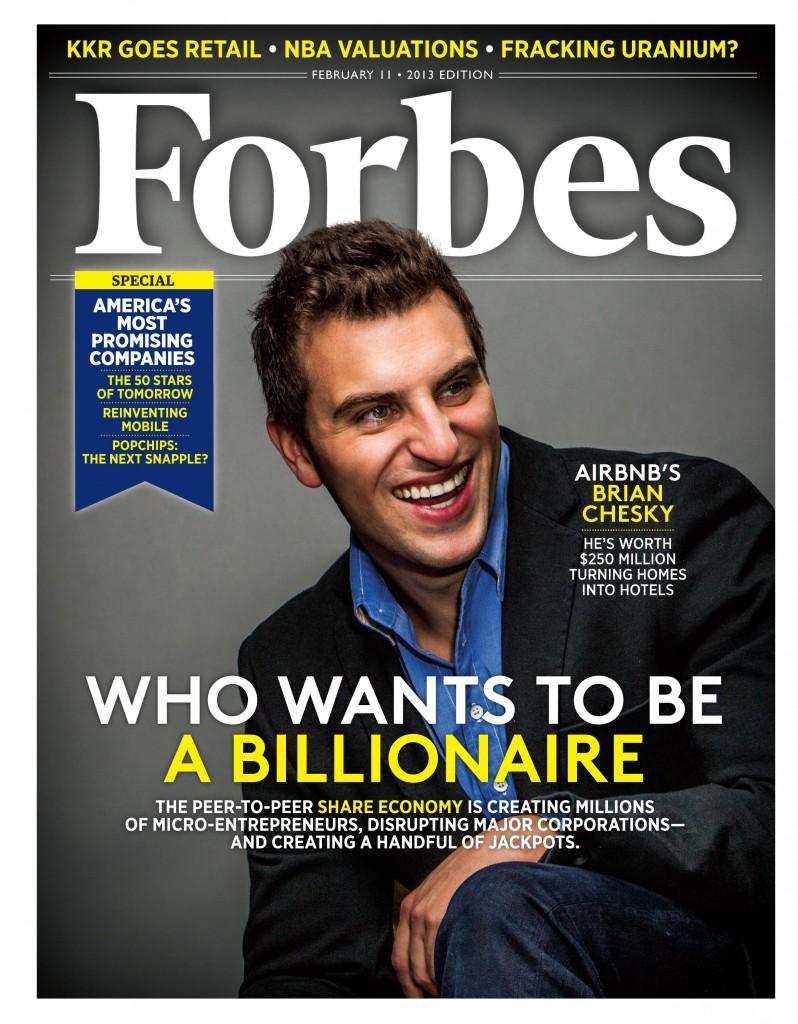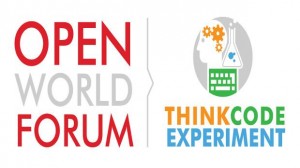 Airbnb, Uber and many other centralized sharing approaches are collecting big money from investors and opening every day new markets. The problem with ‘Sharing Central‘ is that there are business reasons to hide negative feedback, put strong ID system in place, push people to write comments using quid pro quo strategies and more.
Airbnb, Uber and many other centralized sharing approaches are collecting big money from investors and opening every day new markets. The problem with ‘Sharing Central‘ is that there are business reasons to hide negative feedback, put strong ID system in place, push people to write comments using quid pro quo strategies and more.
Sharing Central is not evil per sé, but its main focus isn’t to provide end-users with full access to knowledge and reduce asymmetry of information. Goal is to maximize returns. And this happens also in other social media, as seen with Twitter’s recent “mistakes” for example.
Ad-free social media like Ello are hitting the news, but how long they’ll stay ad-free?
The so-called “shared economy” is just replacing the existing and often inefficient and/or ineffective intermediaries, with a new set of powerful intermediaries. While the companies backing all the share-central initiatives are somehow failing to see their true social potential, they introduced many people to the collaborative economy.
Will these new intermediaries harder to disrupt? Maybe, or maybe not.
The Bitcoin revolution and its role in the Share Economy.
The Blockchain‘s biggest promise is still yet to be fulfilled, but it will soon allow us to share knowledge in a trust-less network removing or replacing the middle-man and his desire for control.
Let’s discuss briefly some possibilities:
1) P2P Purchasing Groups. People interested in a product or service category might collectively buy something. There are actually few ways to get this done:
2) P2P Direct Selling. The blockchain would make easier for potential buyers to check out sellers’ honesty and products’ pros and cons. Sales’ traceability would make possible to implement either single or multi-level marketing approaches in a error-prone fashion.
3) P2P Word of Mouth. Manufacturers and Service providers could engage with their customers and get them to talk about their products by incentivizing advocacy with gift cards, discounts and prize. Basically doing that Puma has been doing with its employee.
I’ll be covering this topic more and more consistently, bringing examples of how Bitcoin (the protocol) can change the digital world in unexpected and unpredictable ways.
 I am so happy to say that finally SOS Open Source methodology and tools are now open source!
I am so happy to say that finally SOS Open Source methodology and tools are now open source!








Reply